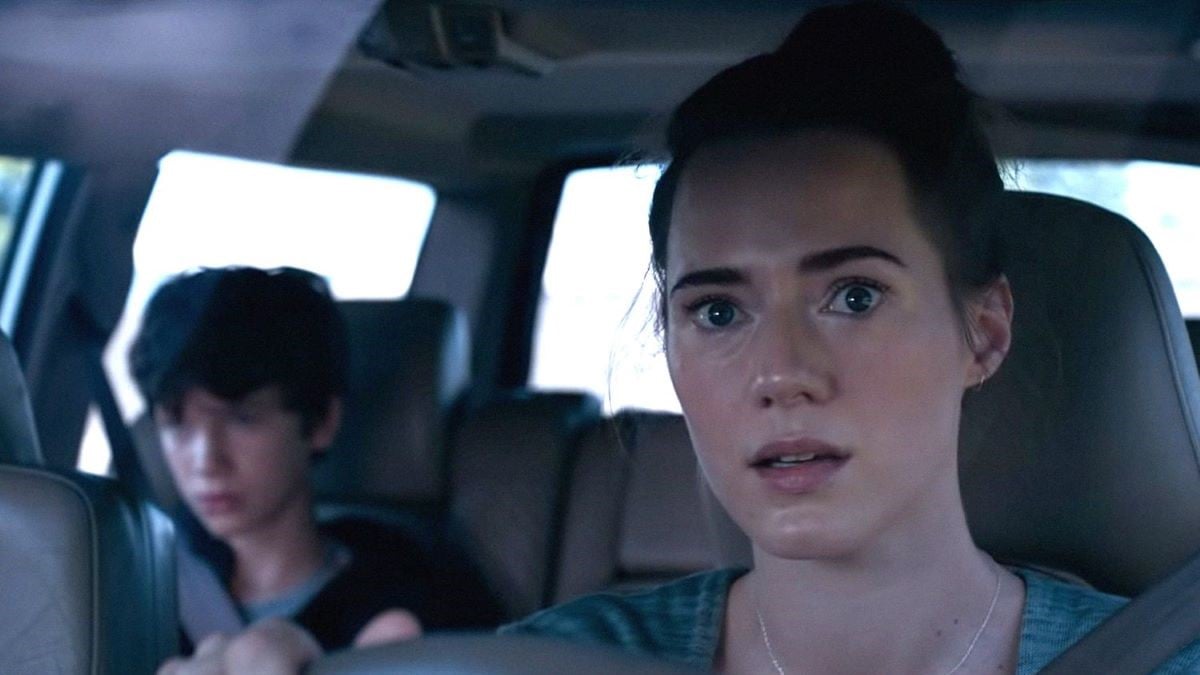The legacy of Joker just may go down as one of the strangest entities in the history of cinema. From its Fight Club-esque co-opting by individuals who swore by anger, to its subsequent reputation for being a morally unsound piece of work, all the way to its equally misunderstood full-circle moment with Joker: Folie à Deux, Todd Phillips’s boundary-breaking comic book film just might be the cinematic villain we need and deserve.
Nevertheless, there were folks out there who presumably saw Joker for what it actually was (namely, a cautionary tale against ironic apathy), and attempted their own theatrical spin on the ideas it championed, pandemic be damned. One such attempt resulted in Unhinged, the Russell Crowe-led action thriller that isn’t about to let its ham-fisted mishandling of its hearty premise get in the way of streaming success.
Per FlixPatrol, this day of Oct. 19 has seen Unhinged nestle itself in second place within the Top 10 Netflix film charts in the United States, beating out the likes of final-nail-in-the-franchise-coffin Snake Eyes: G.I. Joe Origins in eighth place, and Pixels — Adam Sandler’s worst-ever mistake — in fifth place.
Unhinged stars Caren Pistorius as Rachel Flynn, a mother and recent divorcee whose life at the moment is a hodgepodge of unfortunate circumstances and her own shortcomings. When she takes out her frustration on a fellow resident of rock-bottom (Russell Crowe) by giving him a hard time about his driving skills, the man takes it upon himself to ensure she will know nothing but pain and suffering for the rest of her life.
A mistake that many viewers will make with Unhinged is taking it too literally; Crowe’s character is, at first, entirely meant to be read as a manifestation of our collective hostility towards one another, and the pride with which we strangely tend to stand by such behaviors. Indeed, there are far worse topics to center a film around than how much pain is in this world just on its own, and how likely we are to implode as a society if we insist on contributing to it.
That aforementioned mistake, however, is also one that gets made by the film itself. It’s no impossible task to forgive the bluntness of Unhinged‘s mission statement, but that whole mission statement gets called into question when the film ultimately devolves into a flat “are they gonna beat the bad guy” conflict, complete with a Hollywood quip from Rachel before the final blow is delivered.
Unhinged isn’t without its merits, either. The decision to set a fair chunk of the film on roads — where cooperation and respect for the flow of traffic is very much life-or-death, which ties into the wider symbolism of the film — is an undeniably intelligent one, and there are similarly-clever subtleties to be found in the predicament of Rachel’s divorce. Pay close attention to the conversations during and shortly after Rachel’s phone-calls with her ex-husband. At the end of the day, though, Unhinged leans too much on the righteousness of its idea to develop it in a healthy way, and this already slippery grasp on how to best express itself is a problem that only worsens exponentially. Don’t expect a musical sequel for this one.
